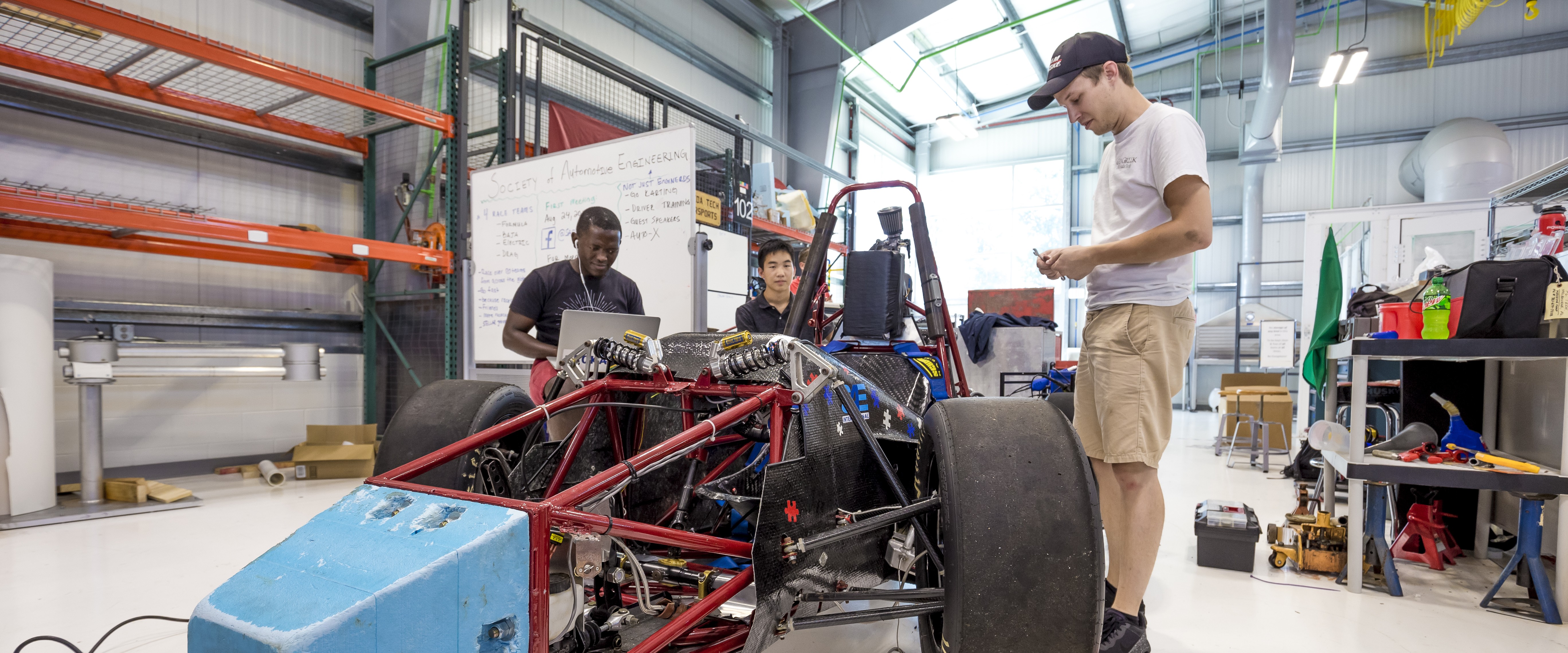
Mechanical and Civil Engineering Faculty Publications
Document Type
Conference Proceeding
Publication Title
MATEC Web of Conferences
Abstract
Two-stage concrete (TSC) is a sustainable concrete which is produced by forcing a flowable cement grout mixture through the voids of a skeletal mass made of compacted preplaced aggregates. From the technical and economic aspects, TSC is particularly useful for construction and repair of concrete structures especially foundations, underwater construction, nuclear reactors, concrete dams, heritage structures and in constructions with closely spaced reinforcement. TSC differs from ordinary concrete in that it contains a higher proportion of stone aggregate and the aggregate stays in point-to-point contact as placed. Thus, the mechanical characteristics of the TSC in failure conditions are distinctly different from ordinary concrete. This paper presents the results of experimental investigations conducted to evaluate the compressive, tensile strength and modulus of elasticity of TSC using grouts with different water-to-cement ratios and admixture contents. It was found that the modulus of elasticity and splitting tensile strength of TSC are equivalent or higher than that of conventional concrete at the same compressive strength. In this method of construction, the splitting tensile strength can be conservatively estimated using the American concrete institute (ACI) equation for conventional concrete.
DOI
10.1051/matecconf/201714902009
Publication Date
2-14-2018
Recommended Citation
Abdelgader, H. S., El-Baden, A. S., Abdurrahman, H. A., & Abdul Awal, A. S. M. (2018). Two-stage concrete as a sustainable production. Paper presented at the MATEC Web of Conferences, , 149 doi:10.1051/matecconf/201714902009 Retrieved from www.scopus.com

